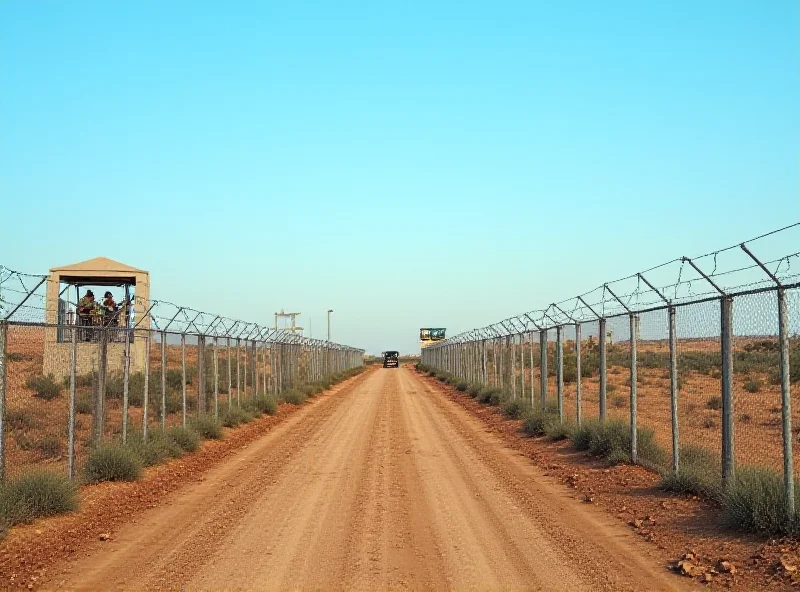Recent reports and investigations paint a concerning picture of miscalculations and strategic failures within the Israeli military. From underestimating Hamas's capabilities to engaging in controversial actions in Syria and along the Lebanese border, Israel's military decisions are under increasing scrutiny.
Hamas Underestimation and October 7th Attack
One of the most significant failures highlighted in recent investigations is the Israeli army's underestimation of Hamas. Multiple reports indicate that the IDF (Israeli Defense Forces) incorrectly assumed Hamas was primarily focused on governing the Gaza Strip, rather than preparing for military action. The October 7th attack caught the Israeli army completely off guard, exposing a critical intelligence gap and a misjudgment of Hamas's intentions.

“Investigations describe in detail the erroneous perception that the IDF maintained for a decade regarding Hamas,” one report stated, pointing to a long-standing misinterpretation of the group's priorities. This failure to acknowledge the imminent invasion, even in the final hours, and the subsequent "confused management of the crisis" on that tragic day, has led to widespread criticism and calls for accountability.
Syria Bombings and Border Security
Beyond the issues in Gaza, Israel's actions in Syria have also raised concerns. The Israeli air force recently bombed southern Syria, reportedly to prevent army deployment. Prime Minister Netanyahu has demanded the "full demilitarization" of the area and asserted that Israeli troops will remain "indefinitely" in the parts they invaded following Assad's fall. This interventionist approach raises questions about Israel's long-term strategy in the region and its potential impact on regional stability.

Gaza "Voluntary Migration" Plan and Lebanon Border
Adding to the controversy, reports have emerged about Israel's plans to facilitate "voluntary migration" from Gaza. The Minister of Defense is reportedly overseeing an "accelerated process" to create an administration for this purpose, seemingly in line with a proposal supported by both President Trump and Prime Minister Netanyahu. The plan involves providing a port and an airport to facilitate this migration, a move that has sparked international condemnation.
Furthermore, the Israeli army intends to remain indefinitely in the buffer zone on the border with Lebanon. This decision, allegedly given the "green light" by the United States, further solidifies Israel's military presence in the region and raises questions about the future of the Israeli-Lebanese border. The long-term implications of these actions remain to be seen.

These recent events highlight a pattern of misjudgment and aggressive military actions that could have significant repercussions for Israel's security and its relations with neighboring countries. The investigations into the October 7th attack and the subsequent military decisions underscore the urgent need for a reassessment of Israel's strategic approach to regional security.
"The Israeli army underestimated Hamas and completely failed," one investigation concluded, highlighting the severity of the intelligence failure.
Whether these missteps will lead to a change in policy remains to be seen, but the need for a thorough review and a more nuanced approach to regional security is increasingly apparent.
